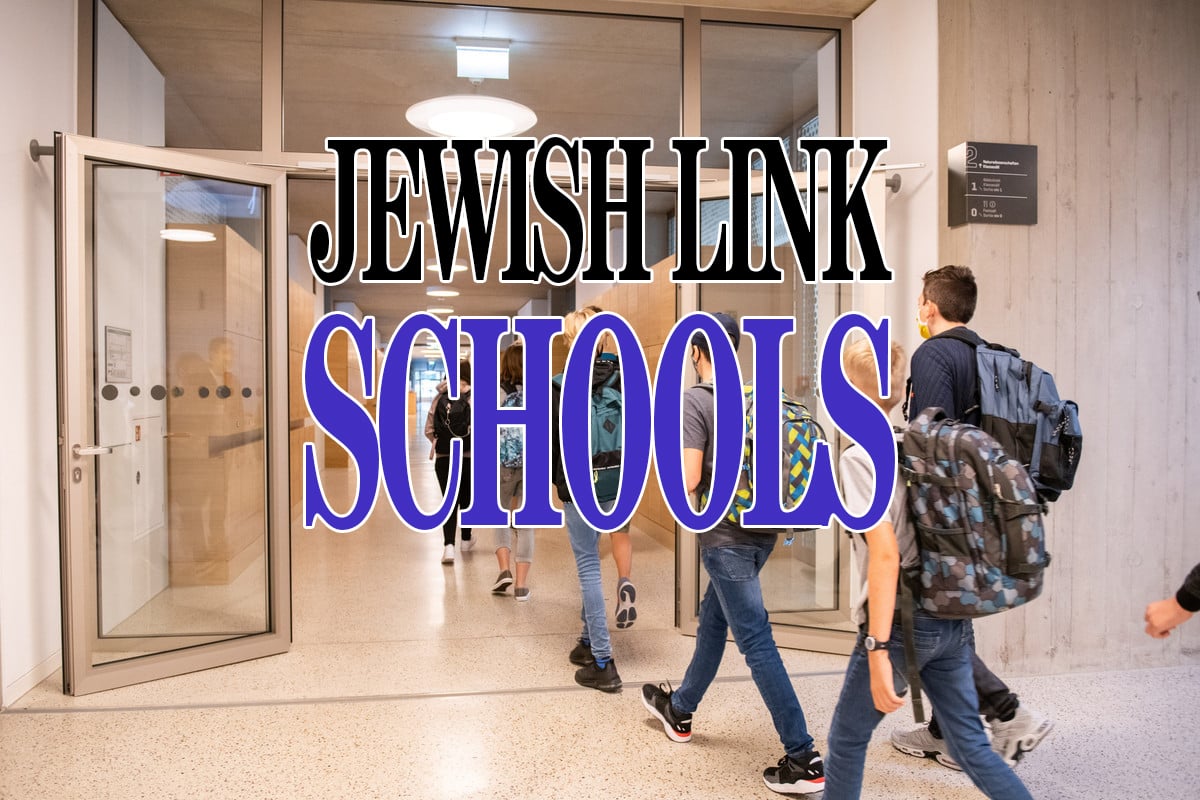Congratulations to Henry Yellin, a sophomore at the Frisch High School, and Annie Katz, a freshman at the Leffell School, for being selected as a winner in the prestigious MIT Beaver Works Cre[AT]E assistive technology engineering challenge. This international competition attracted hundreds of passionate students who worked in teams to develop innovative assistive technology solutions for a community member who struggles with a disability or other impairment to daily living. Participants underwent a rigorous selection process, showcasing their engineering skills and creativity to earn a spot in the program. The teams then worked over a period of seven months to develop and refine their product, undergoing peer and mentor design reviews from AFFOA, a textile industry engineering partnership with MIT, as well as directly from MIT Beaver Works thought leaders. Judges in the final event included MIT and industry experts in the field of engineering and exoskeleton development. Henry and Annie were thrilled to learn that their project stood out among these global submissions, earning them this exciting achievement.
Driven by their passion for engineering and a shared commitment to making a positive impact, Henry and Annie collaborated across different schools to build a product that would improve the everyday life of their co-designer—Annie’s sister, Izzy Katz. Izzy has dyspraxia, a developmental, chronic coordination disorder that was identified in her infancy, causing her difficulties with motor skills and coordination. While occupational and other therapies can be helpful, there is no cure for dyspraxia. Izzy’s hands are the most impaired by this condition because of her low tone (hypotonia) and grip strength. This low tone in her hands impairs her ability to grip items and manage the coordination necessary for functioning in everyday life, e.g. opening a water bottle or glue stick; using utensils for eating, brushing teeth and hair; cutting tape; and, opening a door. Occupational therapy has not been able to improve her grip strength to 20 pounds, which would be necessary to perform these tasks independently. Izzy would like to be less reliant on others for help and was excited to be a part of a design process that would allow her to address these issues.
With much persistence and dedication to Izzy’s feedback over months, Henry and Annie created GripHero, a glove designed to support children like Izzy with dyspraxia or low muscle tone in their hands. Utilizing motors, gears, 3D printing, other electronic components like a potentiometer, and advanced engineering skills, GripHero aims to provide children with effective assistance in handling tasks while enhancing motor skills. Utilizing the GripHero, Izzy is now able to independently perform everyday tasks with a measured grip strength over 20lbs. Henry and Annie aspire to help children like Izzy discover their inner hero, fostering greater independence and confidence. They look forward to further refining their design to provide users with greater strength and additional technological features, while making the components more discreet.
Henry and Annie’s journeys exemplify how passion and opportunity can come together to drive innovation and create real-world impact. Kudos to Annie and Henry for leveraging their talents to help others and continuing to push the boundaries of what’s possible. You can check out their “Team Izzy” project, documentation and video here:













